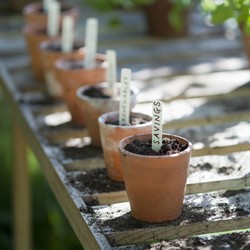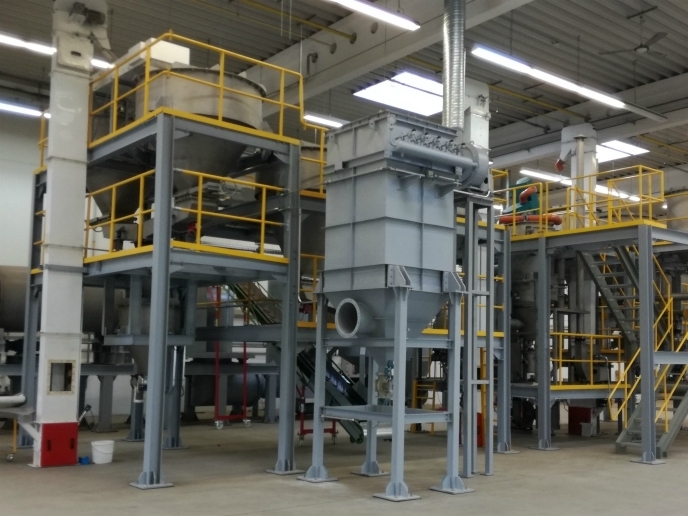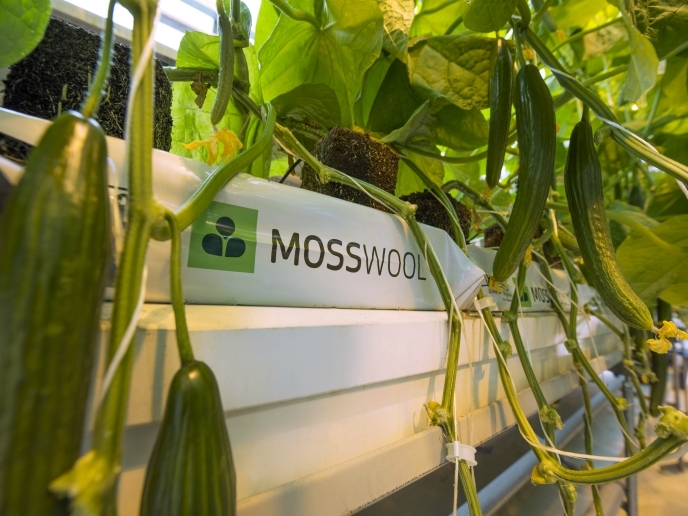Biodegradable plastics for EU agriculture
EU agriculture and horticulture industries generate 1 200 tonnes of plastic waste per year, with almost 30 % coming from nets, clips, pots and trays. As these non-biodegradable petroleum-based plastics are discarded after each crop harvest, they can become major environmental pollutants. Since existing biodegradable plastics are unsuitable for agricultural purposes, the EU-funded DEGRICOL (Consumer-safe and thermally-stable bioplastic formulation with controlled biodegradation properties for agricultural and horticultural accessories) initiative worked to develop affordable, consumer-safe biodegradable accessories for the agriculture-horticulture industry. DEGRICOL used a biodegradable, mouldable plastic derived from renewable resources such as corn starch to produce pots, clips and nets. Researchers also incorporated natural additives such as lignin from agricultural waste sources and humic acid from compost into the plastic to improve its biodegradation. Having chosen suitable plastic formulations, DEGRICOL tested the materials' stability under different pH, temperature, ultraviolet radiation and stress conditions, as well as degradation properties underground. Researchers also ensured that no toxic compounds migrate from their plastic containers into plants destined to become food. DEGRICOL also showed that the surfactant that controls degradation did not affect the mechanical properties of their compound. Having aimed to make the product 100 % bio-based, the researchers reached 60 to 70 %, the maximum that can be reached by injection-compression moulding. By creating naturally sourced and biodegradable bioplastics, DEGRICOL outcomes will provide the European agriculture and horticulture industries with competitive, eco-friendly replacements for current plastic products. In addition, DEGRICOL's consumer-safe plastics will allow the European bioplastic sector to compete favourably with petroleum-based products.






